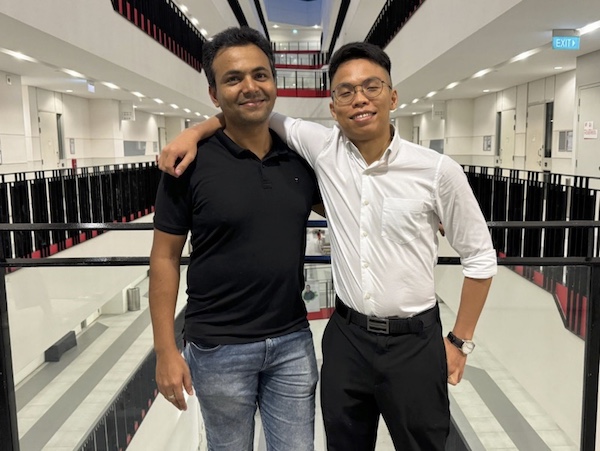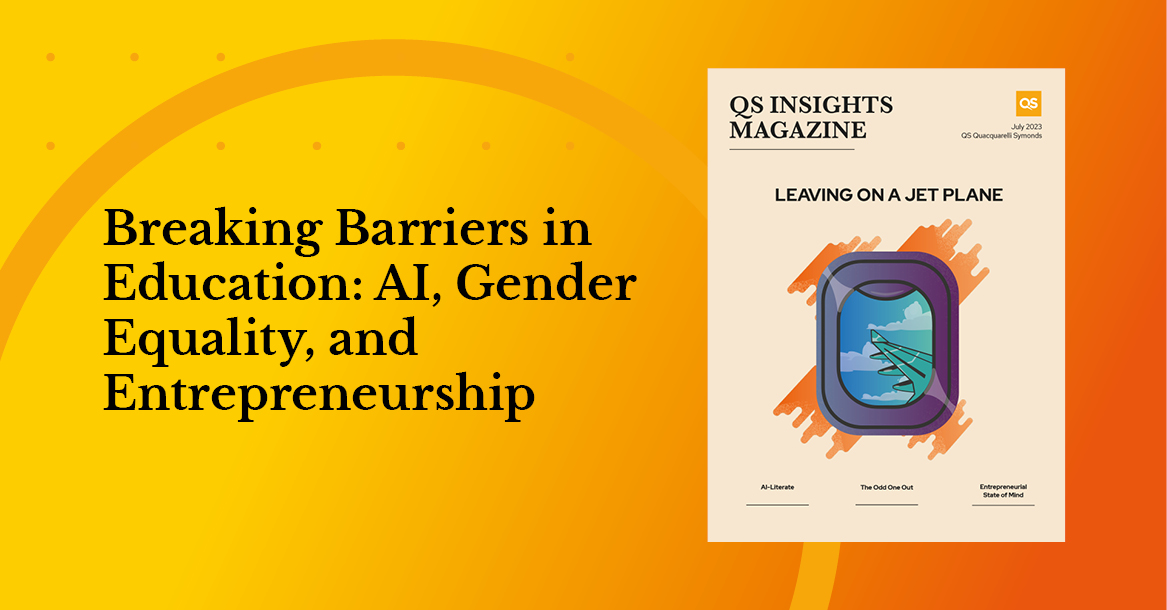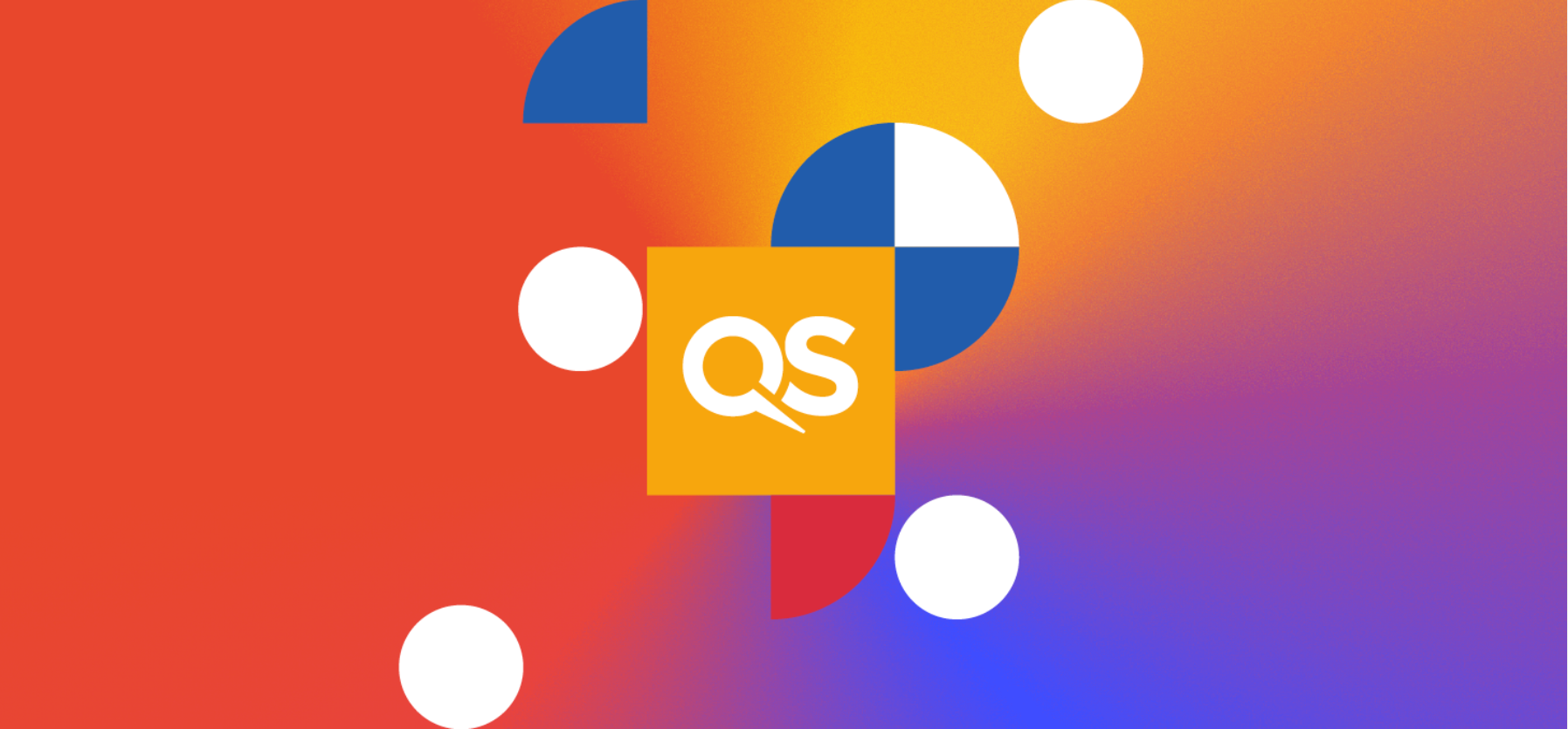Sponsored by DigiPen Institute of Technology
Recently, DigiPen (Singapore) graduated its inaugural cohort of students from the Master of Science in Computer Vision (MS in Computer Vision) program. This master’s degree spans four trimesters of studies and is suitable for those who have a bachelor’s degree in computer science or a related field.
MS in Computer Vision helps to bridge the knowledge gap between basic foundations in machine learning while introducing students to industry-standard applications of computer vision technologies through in-depth studies in mathematics and computer science principles.
DigiPen (Singapore) admitted the first cohort of MS in Computer Vision students in August 2022, and among them were Saw Han Soo and Hriday Bhoyar. Han Soo had previously graduated with a BS in Computer Science and Game Design from DigiPen (Singapore) in 2020. He had been working on a virtual reality product when he first heard about MS in Computer Vision. The program’s curriculum and specialised focus in computer vision piqued Han Soo’s interest, seeing as he is a visual person.
“I have a background in traditional drawing, painting, 3D modeling, and animation,” Han Soo says. “I see how mathematical algorithms can make artwork beautiful and how scripting can speed up workflows all with the press of a button. You become a magician to create imagery out of nothing.”
As for Hriday, he holds a bachelor’s degree in mathematics from Nagpur University in India and had been working in the IT industry for over 15 years when he came across the MS in Computer Vision programme.
Most recently, Hriday has spent the last eight years as a principal database engineer and architect at Robert Bosch in Singapore. In his role, Hriday leads and manages the database team, overseeing project management, handling escalations, customer consultations, and project deployments. Hriday was drawn to computer vision’s potential across various domains and its innovative uses.
“Computer vision applications range from image recognition to video analysis, and this has profound implications in fields like healthcare, autonomous vehicles, and augmented reality,” he says. “The prospect of enabling machines to perceive and comprehend the visual world aligns with my own passion in leveraging technology to address real-world challenges.”

Over the span of 16 months, the students undertook modules such as Mathematical Elements for Computer Vision, Machine Learning and Pattern Recognition, and Deep Learning Models. Though Han Soo and Hriday both agree that managing the workload and complexity of the courses on top of their full-time jobs was challenging, they overcame by managing their time effectively, collaborating with peers, and seeking assistance from the professors when needed.
This all paid off. Hriday fondly recalls a highlight of the program when he got to design and implement his capstone project. Combining his passion for technology and innovative solutions with a social focus, Hriday developed a vision-based fall detection system.
The system aimed to enhance the safety of elderly individuals by detecting falls using computer vision techniques and triggering alert notifications to family members and nearby hospital facilities.
In Han Soo’s case, he appreciated the relevance of the MS in Computer Vision program, as he was often immediately able to apply what he had learned. In particular, he most enjoyed learning how fundamental mathematical concepts could be translated into machine learning applications.
Han Soo has since landed a position as a research engineer at Singapore Institute of Technology, where he works on an autonomous driving perception project. He is keen to both apply and further his newly acquired knowledge in computer vision and aims to write his own machine learning mathematical functions — as well as build his own 3D generation projects — one day.
Hriday plans to find a position that aligns with his expertise and will allow him to apply advanced computer vision techniques to solve real-world problems. He hopes to work on projects that will not only challenge him professionally, but also have a positive impact on society.










